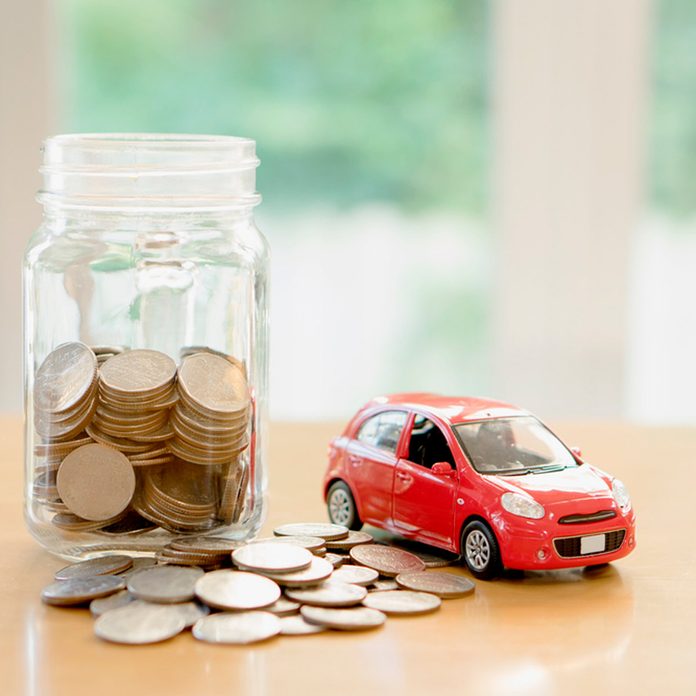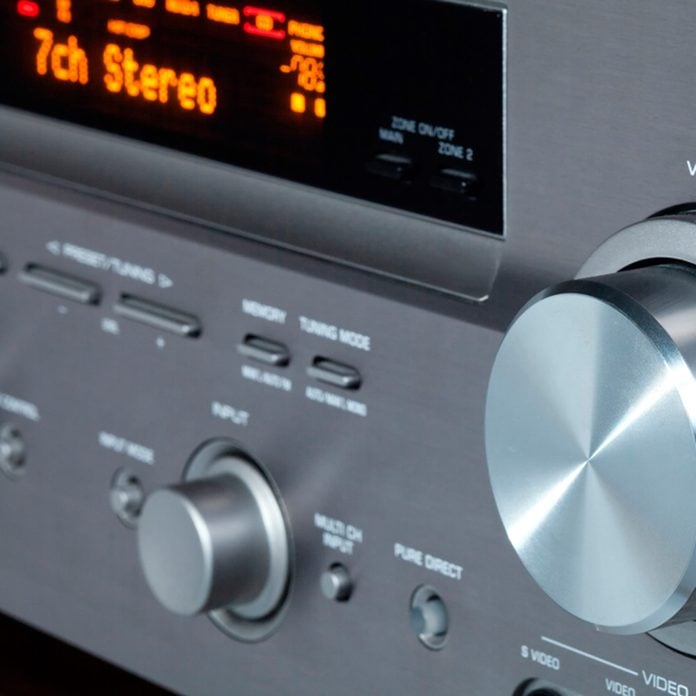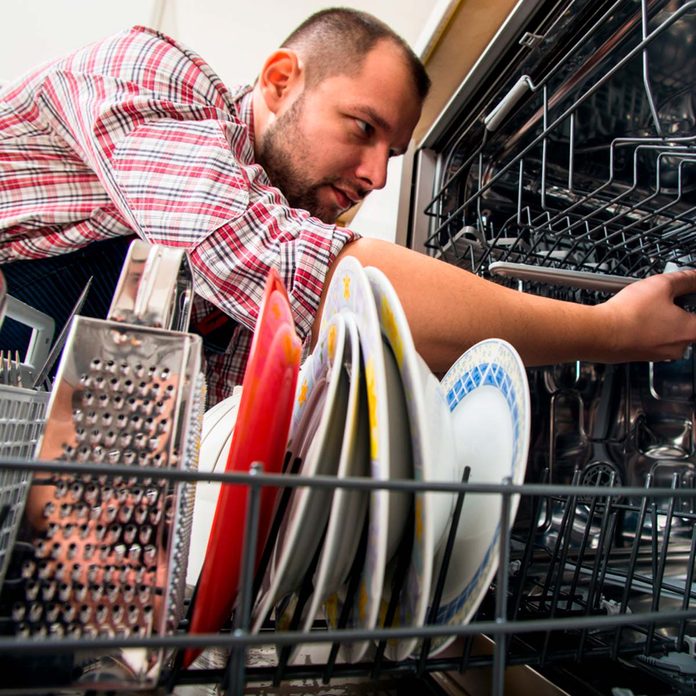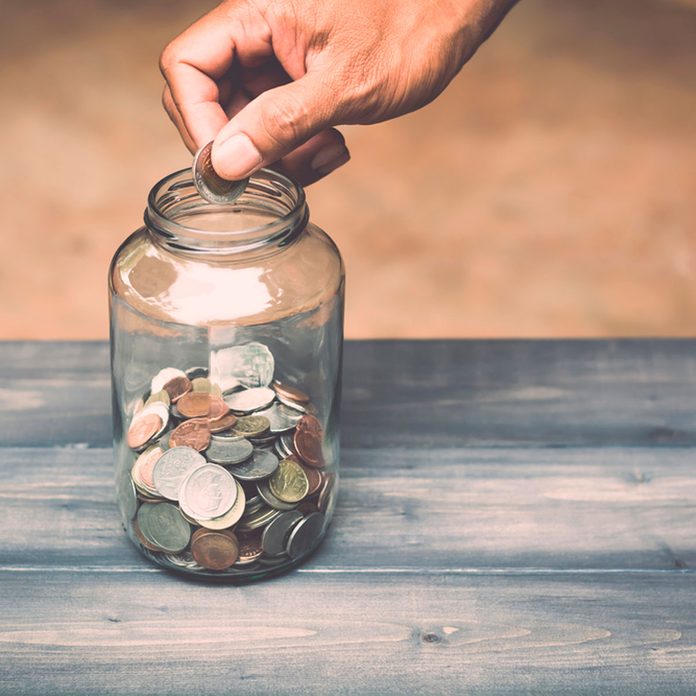Frugal people tend to be wealthy people, but that doesn't mean they live extravagantly. In fact, their cheapskate mentality is exactly what helps them get rich and stay that way.
10 Habits of Cheapskates You Can Follow to Save a Buck

Drive Inexpensive Cars
People who are smart about money understand that a car begins to lose its value as soon as it’s driven off the lot, and they refuse to invest a substantial amount of money in a depreciating asset. Instead of plunking down chunks of his massive fortune on sports cars, Facebook founder Mark Zuckerberg drives a Volkswagen hatchback with a manual transmission. And IKEA founder Ingvar Kamprad doesn’t buy cars at all—he uses public transportation instead. Some cheapskates have done the math and realized using car services like Uber and Lyft is even more cost-effective than buying a car. Check out these 100 super-simple car repairs you don’t need to go to the shop for.

Invest in Quality Over Quantity
Contrary to common belief, cost-conscious people aren’t cheap in the traditional sense of the word. In other words, they don’t buy junk just to save money. They would rather invest in a high-performing, top-notch gadget that will give them their money’s worth, than have to make repairs to or replace a cheaper version. In the long run, this saves the money it would take to constantly replace something cheaper.

Prepare Meals From Scratch
Cheapskates don’t overpay for convenience. In the supermarket, they bypass the washed and chopped veggies and go straight for the whole heads of broccoli. They bypass the frozen food section and go straight for the fresh stuff—even if it means buying more than they need. That’s because they have a no-waste mentality—if they make too much, they save every scrap and label it before putting it in the freezer so they know what needs to be eaten first. This way, they stretch their grocery budget as far as possible. You can get these 10 cooking tools pretty cheap at the hardware store.

Don’t Feel the Need to Constantly Upgrade
Whether it’s a smartphone or a smart home, cheapskates don’t cave into pressure to keep up with the Joneses. Amazon CEO Jeff Bezos has dubbed the hamster-wheel pursuit of the latest and greatest gadgets “the upgrade treadmill.” And some extremely wealthy people have been known to live in the same home for a long time, even as their wealth grows. Billionaire Mark Cuban has famously lived in his house for almost two decades.

Avoid the Diderot Effect
The Didero Effect is a social phenomenon whereby someone acquires something of high quality and feels the need to make “reactive” purchases to complement the original one. For instance, a person buys a new rug. They’re enamored of the rug, but it matches nothing in the room—so they make a slew of additional purchases in order to furnish a room that complements the rug. Frugal people are aware of this cycle, so they avoid temptation and don’t fall prey to it. Check out 35 more brilliant ways to save money around the house.

Sidestep Fees
Frugal people avoid fees—both hidden and otherwise—like the plague. Instead of automating all their payments, they’re constantly monitoring all of their bills and subscriptions to make sure new fees haven’t been introduced (and to make sure they’re not paying for goods and services they don’t need). If shipping fees for online purchases are too steep, they buy in-store. And ATM fees? Forget it. Cheapskates understand that dribs and drabs add up. These home security devices don’t have monthly fees.

Don’t Shop for Fun
Just like physically fit people don’t eat when they’re bored, financially healthy people don’t shop for entertainment. Their spending is far too intentional for that. When they’re stressed, upset or defeated, they don’t resort to retail therapy, because they know the high from mindless shopping is short-lived and will hurt them in the long run. Instead, they’ll turn to self-care—like exercising, laughing with loved ones or listening to music—to blow off steam and reap “rewards.” This is the best day of the week to go grocery shopping.

Try Repairing Before Replacing
When something breaks, the easiest thing to do is replace it. But cheapskates would sooner expend energy than spend money—and some repairs don’t cost a whole lot, anyway. Things like dishwashers, shoes and furniture often need only easy, low-cost repairs—even when you hire someone to do the fix for you. Cheapskates will always pursue the repair route before thinking of buying something new.

Opt for Community-Sponsored Activities That are Low-Cost or Free
The money-conscious are practically allergic to high-cost entertainment like live concerts or going to the movies (and buying popcorn!). But that doesn’t mean they lock themselves up inside and have no fun. In most communities, activities that cost little to nothing abound. Renting movies at the library, attending local productions and sports competitions, and taking advantage of free museum days top a cheapskate’s weekend itinerary. Check out these frugal tips for handy homeowners.

Save Pennies—Literally
One of the everyday tricks of cheapskates is to save their spare change in a money jar instead of keeping it in their wallets, where they’ll be tempted to spend it. They literally empty out the change compartment each day and forget about. It’s one of the most practical ways possible to save money without even feeling it—and it adds up faster than you’d think. Remember: you can be frugal, but don’t be cheap! These are the 10 most common mistakes people make when they’re trying to save money.
